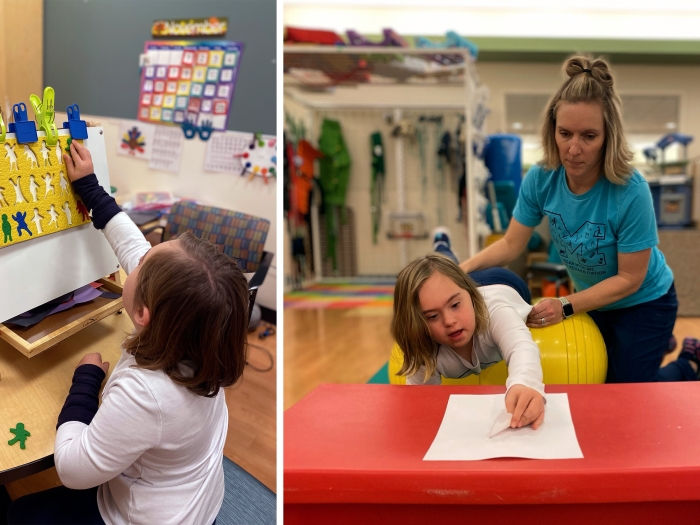When a life-threatening condition called tracheobronchomalacia left three babies struggling to breathe, new technology — in the form of 3-D printing — offered a solution.
3:09 PM
Author |
Custom-printed tracheal splints developed at C.S. Mott Children's Hospital helped to open the children's airways, giving their families new hope.

Health Lab
Explore a variety of healthcare news & stories by visiting the Health Lab home page for more articles.

Department of Communication at Michigan Medicine
Want top health & research news weekly? Sign up for Health Lab’s newsletters today!

Health Lab
Family travels over 1,000 miles for son's heart transplant and ongoing heart care

Health Lab
Telehealth study of patient portal e-visits by Medicare participants shows few had an interaction for which their provider billed them.

Health Lab
Nearly a third of caregivers with a child in a pediatric intensive care unit experienced signs of underlying financial burden, Michigan research shows

Health Lab
The University of Michigan Health Milestones Pediatric Neuro Rehabilitation Program specializes in evaluating and treating children with an acute neurological diagnosis from an injury or illness.

Health Lab
Patient story detailing young boy’s recovery from rare brain tumor and cranial defect

Health Lab
2 in 3 parents in national poll say their child ages 5-12 use personal audio devices; pediatrician offers 4 tips to reduce noise exposure risks